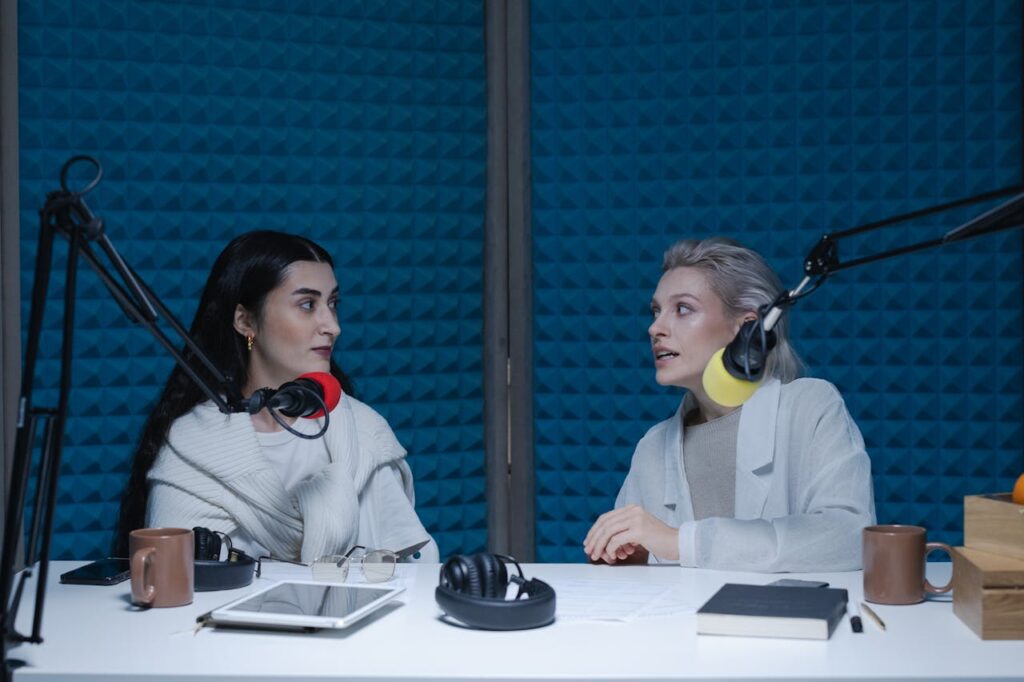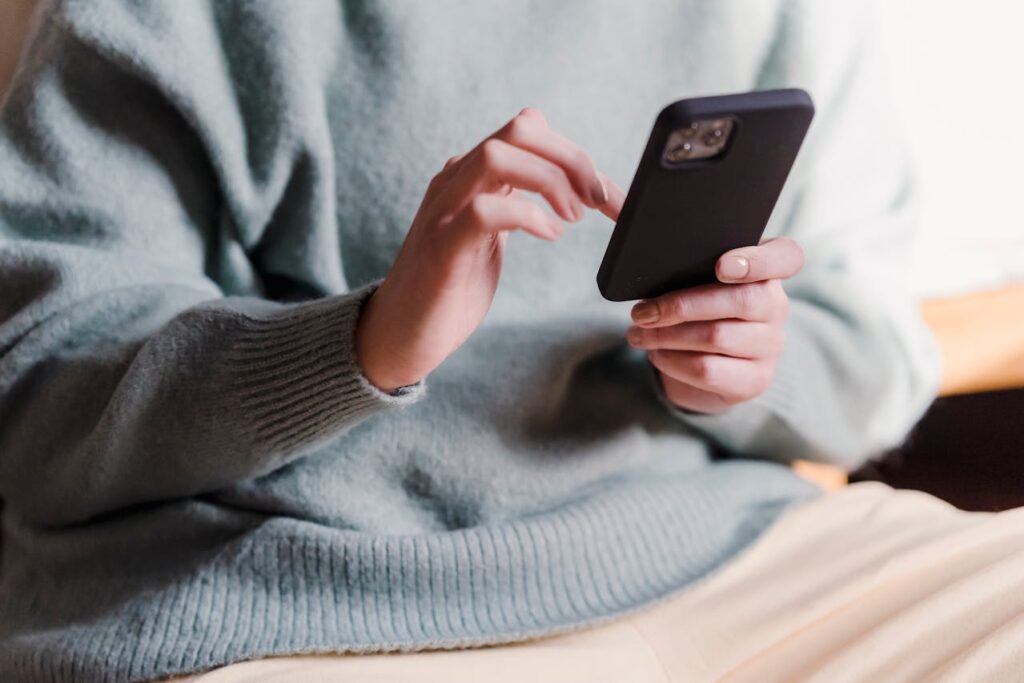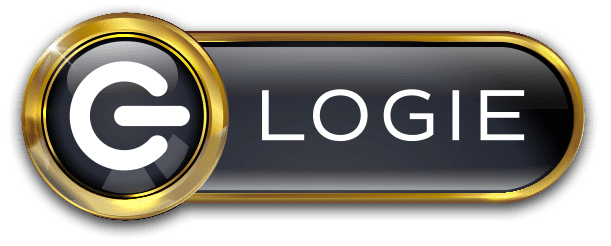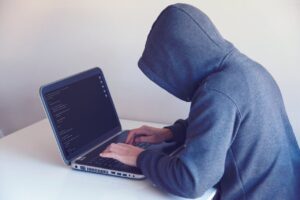With over 170 million users in the United States, TikTok has become a cultural phenomenon, redefining digital expression, marketing, and entertainment. However, its journey has been fraught with controversy.
TikTok’s future hangs in the balance, from accusations of data privacy violations to being labeled a national security threat due to its ties to Chinese parent company ByteDance.
Amid this turmoil, the Trump administration has filed an emergency motion to halt the platform’s ban, framing the issue as a battle between national security and First Amendment rights.
This article dives into the intricacies of the legal case, the Trump administration’s arguments, and the potential implications for creators, users, and the broader tech landscape.
Trump’s Motion to Halt the Ban
The Protecting Americans from Foreign Adversary Controlled Applications Act mandates ByteDance’s divestment of TikTok by January 19, 2025, or face a nationwide ban.

As the deadline looms, the Trump administration’s amicus brief highlights critical constitutional concerns and calls for a stay to allow for a diplomatic resolution. Trump’s filing raises three core arguments:
First Amendment at Risk
The brief argues that banning TikTok infringes on the free speech rights of over 170 million Americans who use the platform as a medium for personal, creative, and political expression.
Trump emphasized TikTok’s significance: “This platform represents one of the most critical avenues for digital communication and free speech.”
Trump’s legal team asserts that Congress’s Act encroaches on executive authority, undermining the President’s role in foreign policy.
By mandating specific outcomes, such as the divestment of TikTok, the Act limits the flexibility required to address national security concerns diplomatically.
The Act’s deadline of January 19, 2025, one day before Trump assumes office as the 47th President, raises concerns about its potential to restrict the incoming administration’s ability to address these issues strategically.
Impacts on Creators and Influencers
The proposed ban poses an existential threat to an entire ecosystem of creators who rely on TikTok for income, engagement, and community-building.
As highlighted in previous blogs on Logie.ai, TikTok’s algorithm fosters unique content discovery, enabling influencers to reach audiences that traditional platforms often overlook.
For instance, influencers such as Sarah Greene, a small business owner, credit TikTok for driving 80% of her sales through viral product videos.
Greene’s story underscores the platform’s unparalleled ability to democratize opportunities for creators. The potential ban would force influencers to pivot to alternative platforms, such as Instagram Reels and YouTube Shorts, but these platforms lack TikTok’s personalized content delivery.
National Security Concerns vs. Free Speech
The federal government’s primary justification for the ban centers on TikTok’s ownership by ByteDance, which raises fears of data misuse and undue influence by the Chinese government. Critics argue that the app could serve as a conduit for espionage or propaganda, threatening U.S. national security.
However, Trump’s motion counters that these concerns must be weighed against the broader implications of restricting free speech.
As Trump’s filing notes, “Shutting down TikTok would establish a dangerous precedent, allowing governments to silence digital platforms under the guise of security concerns.”
This argument aligns with global concerns, drawing parallels to Brazil’s recent ban on X (formerly Twitter), which was widely criticized as political censorship.

TikTok’s Broader Cultural Significance
Beyond its utility for creators, TikTok has become a cornerstone of cultural exchange, political discourse, and brand marketing.
Its short-form videos have reshaped how we consume and create content, sparking industry trends. Political campaigns, including Trump’s own, have utilized TikTok to connect with younger voters, underscoring its influence as a tool for democratic engagement.
The implications of TikTok’s ban extend far beyond its user base. Trump’s motion warns of a “slippery slope” in which governments could exploit security concerns to justify censorship.
The filing draws attention to Brazil’s ban on X, mirrored concerns raised in the U.S. TikTok case. Such actions risk emboldening authoritarian regimes to suppress dissenting voices globally.
Furthermore, the case highlights tensions between legislative and executive powers, particularly regarding the President’s authority in foreign affairs. The court’s decision could redefine the balance of power, setting a precedent for future tech governance.
What Lies Ahead for TikTok?
As the Supreme Court deliberates, Trump’s motion advocates for a pause to allow his administration to negotiate a resolution.
This approach could address national security concerns while preserving the platform’s role in fostering free speech and economic opportunity. TikTok’s creators, users, and the tech community await a verdict that will shape the future of digital platforms in the United States.
For now, the battle over TikTok underscores the complexity of regulating global tech giants in an era where privacy, expression, and geopolitics intersect. Whether the platform thrives or fades, this case will leave an indelible mark on the digital landscape.




